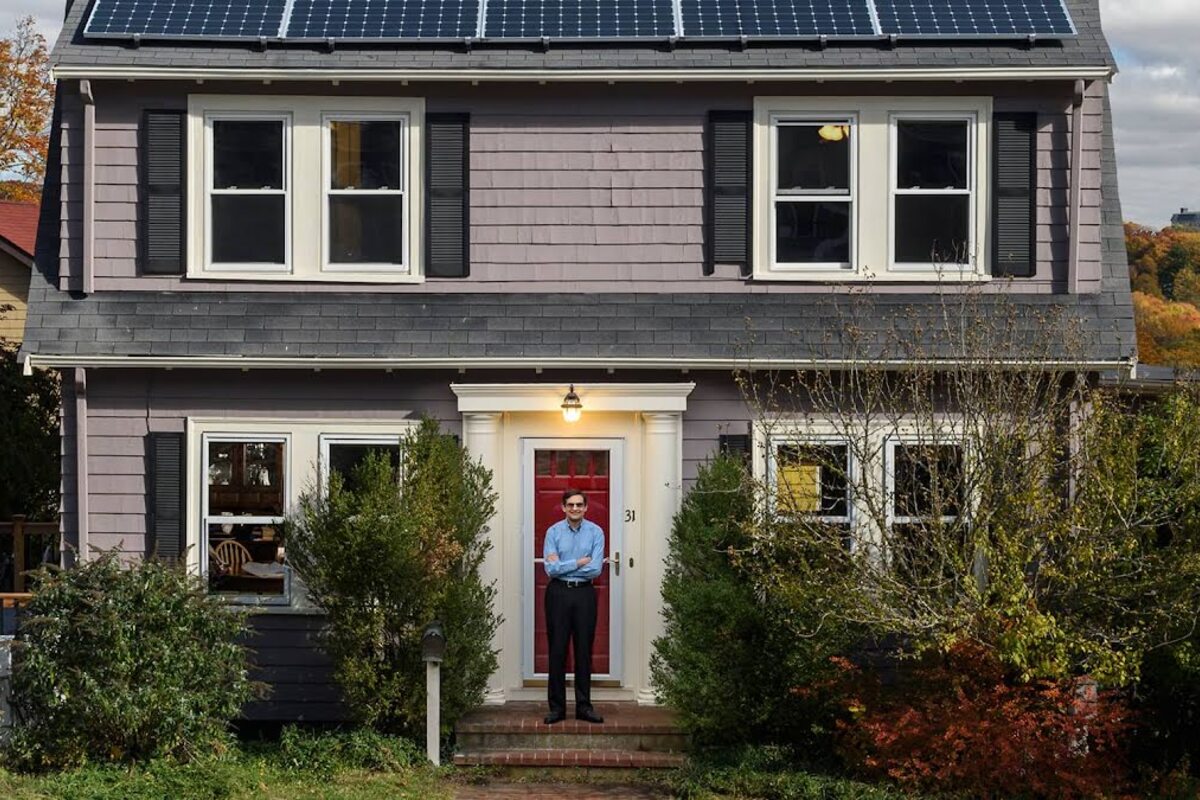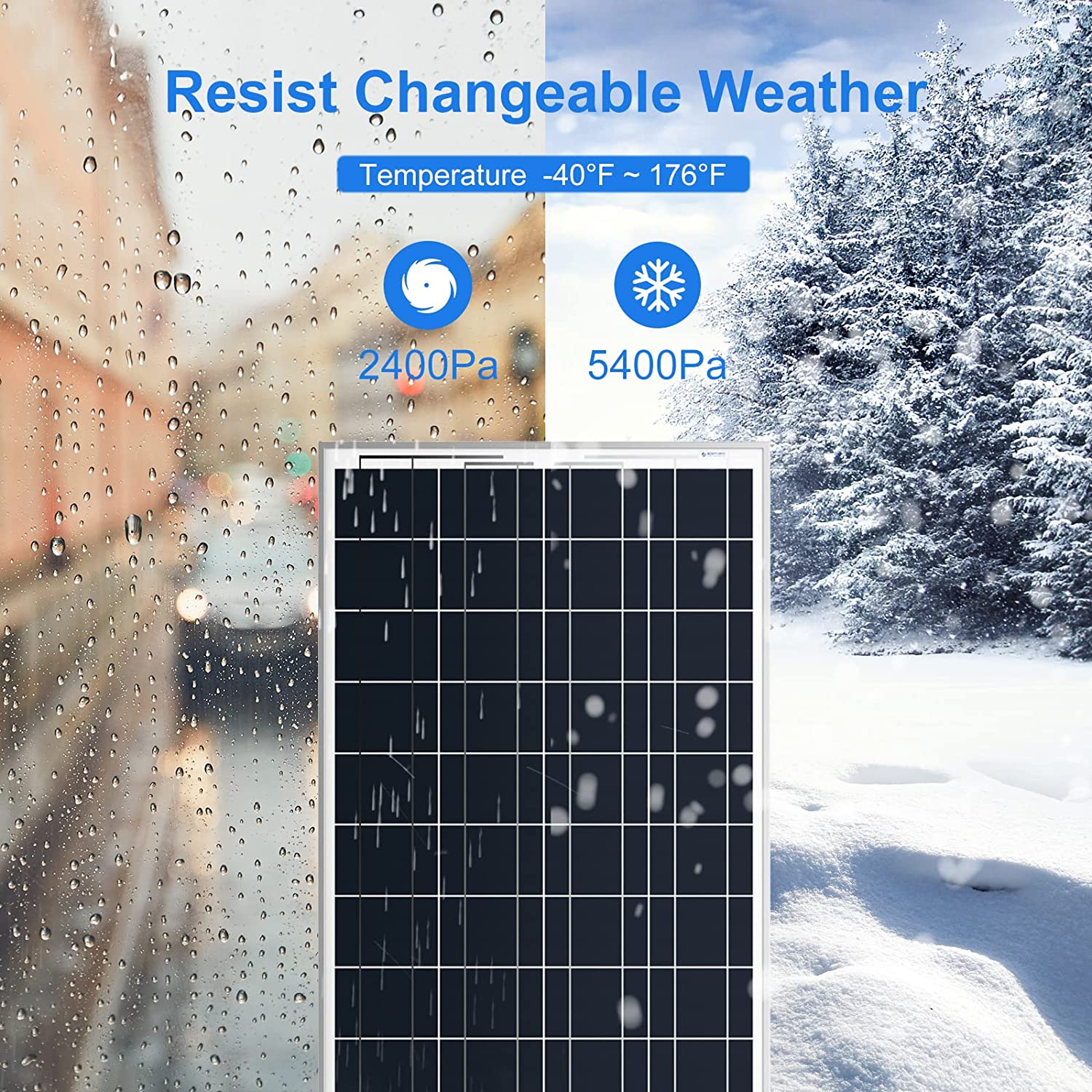
What You Need to Know About Solar Batteries
A solar battery’s function is to store energy from a solar PV system for future use. When there’s no sunlight or electricity, you can still use your appliances because of this battery. If your solar roof and battery are big, you can operate most of your appliances using solar energy.
Electricity from solar batteries is less expensive every kilowatt-hour compared to electricity from utility grids which depends on the time of the day and electricity rates in your location. Solar batteries also prevent you from paying a lot when electricity rates increase.
What to Look for When Choosing a Solar Battery
Battery Size
kWh or kilowatt-hours are used in solar battery sizes. This is utilized in solar batteries at night or in low light conditions such as insufficient solar energy to power appliances. There are different sizes which can be 2 kWh for small batteries and 20 kWh or more for bigger ones.
To better illustrate, a 10 kWh can be used for about 10 to 12 hours if you consume 0.75 to 1 kW energy every hour. If you have a 13 kWh solar battery, it can be used for 13 to 16 hours for the same consumption.
Energy Capacity
kWh is also used for measuring the energy capacity of solar batteries. Kilowatt is used to measure power, while kWh is used to measure energy. So, they’re not the same. The power rating of your battery indicates the number of appliances that your solar battery can operate simultaneously and what appliances those are. Many batteries available have a nonstop generated power of about kW.

Round Trip Efficiency
This means the percentage of electricity stored in solar batteries for future use. When you invert it from DC or direct current to AC or alternating current electricity or you put electricity in the battery and remove it again, you’ll expend some kWh. So, if your battery has a higher round-trip efficiency, you lose less energy when you store it. Normally, this is around 80%.
Battery Life
Three different metrics are used to measure battery life. These are expected operation years, throughput, and cycles. Years are used for battery life. You can compare a warranty with a car’s mileage to understand expected throughput and cycles.
Solar batteries have a very excellent cycle life, so you don’t have to worry about doing maintenance or replacing it. These batteries are still very functional even after you charge and discharge them numerous times.
Safety
Solar batteries aren’t hazardous to homes. You can keep them the way you keep your smartphones or laptops at home. But, there are certifications needed for solar batteries to be considered safe. So, you have to make sure that your chosen solar batteries meet the requirements.
